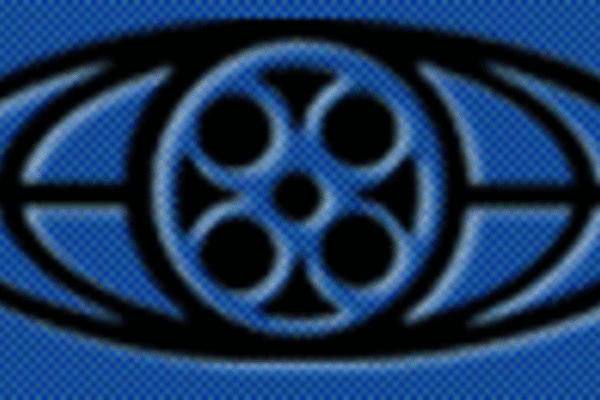MPAA promotes Cam copies for college professors
Rich Fiscus
9 May 2009 0:28

As the Library of Congress considers requests for exemptions to the DMCA, as they do every three years, the MPAA is focusing on reversing a decision from 2006. That's the year they began allowing professors to bypass copy protection (CSS, ACSS, etc,...) "for educational use in the classroom by media studies or film professors."
As if to demonstrate the absurdity of their position, MPAA representatives have now given a demonstration of why they believe this exemption isn't necessary. They argue that the solution is for educators to use a camcorder to record the video as its played on a TV.
Watching a recording of their demonstration it's difficult to believe someone could keep a straight face while either presenting it or watching it. The MPAA representative explains that not only do you have to find a way to zoom in perfectly on the TV (to avoid seeing it in the frame), but you should also work in the dark for best results.
The MPAA has long claimed that copy protection is necessary for them to continue selling discs
In a filing with the Library Of Congress earlier this year they argued "these protection technologies have enabled producers of movies and TV shows to distribute their valuable content in higher quality, more convenient digital formats such as DVDs and Blu-Ray."
But is there really any reason to believe this? If the studios decide not to release movies and TV shows how exactly do they expect to make money?
If that's your idea of a business strategy it's probably best to sell your studio to someone who has a plan to be profitable.